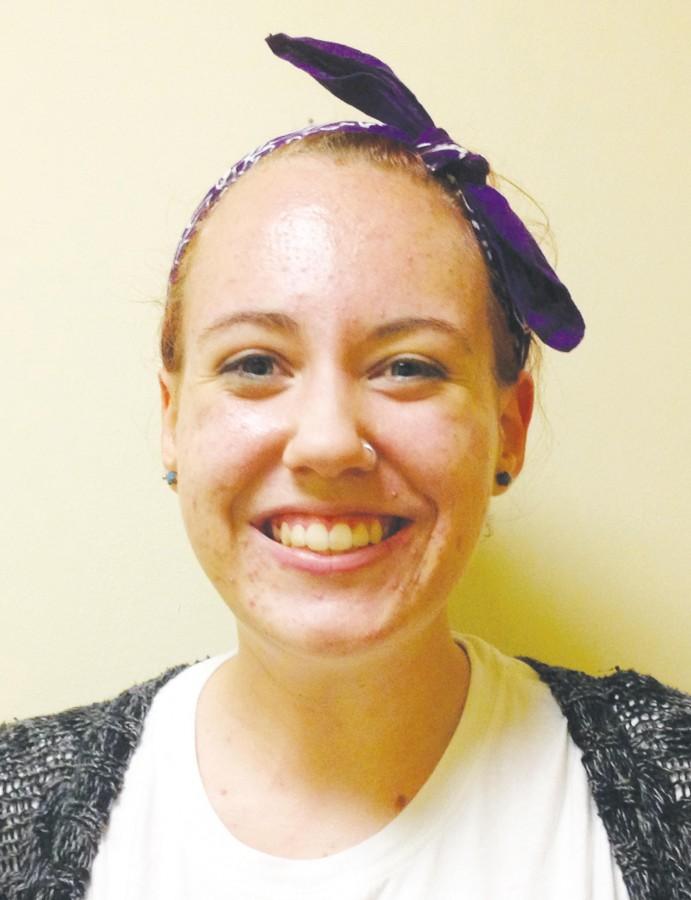A few months ago, I did what was quite possibly the most courageous thing I have ever done in my life. I boarded a plane with only the vague idea that I was on my way to Japan to be a missionary on a farm. I would leave knowing so much more about love.
This summer, I worked as Global Justice Volunteer for the General Board of Global Ministries of the United Methodist Church, where I combined my Jesuit education with my Methodist faith to be a social justice missionary. I worked at the Asian Rural Institute in rural Japan where grassroots rural community leaders from marginalized countries participate in a training program that teaches them sustainable organic farming and leadership skills. I can use a lot of big words to describe the work I did this summer, but they do not accurately describe the experience I had.
On my first day at the institute, I was thrust into this international community of leaders, and I had never felt more like a privileged American white girl. I had zero experience with farming and I was now working with men and women who had been doing this all their lives. I felt like I was an immense burden, and I could not possibly contribute anything to this community that functioned so well without me.
My friend Patricia, an instructor on my trip who worked for Hope Destitute Children’s Center in Uganda, later told me that I never smiled or talked to anyone my first week, and many people thought I would never open up to the community. A few weeks later, I would be crying more than I ever had as I saw her and the other students at the Asian Rural Institute for the last time. Somehow, I managed to go from this early fear of incompetence to being one of the loudest and most outgoing members of the institute community.
It is very easy for me to describe the physical work I did at the Asian Rural Institute. Every day I did “foodlife work,” a term coined by ARI to express the reality that food and life cannot be separated. I worked in fields with crops and vegetables, took care of chickens and prepared meals for the community. However, it was the relationships I formed while doing this work that describe my actual experience.
Learning organic farming was not my purpose at the institute. I was a Global Justice Volunteer and a missionary. My purpose was to love, and I will never be able to express in words how much I love the people I met at the institute. I have a whole community of brothers and sisters who taught me the true meaning of unconditional love.
Love is learning to speak the same broken English as my best friend Kalpana, a social mobilizer for Backward Society Education in Nepal. Love is knowing these people by name, by smile and by laugh. Love transcends boundaries of race, religion and nationality.
This unconditional love I have cannot be separated from social justice. We believe that others deserve justice because we love them. I believe my friends deserve justice, and I know that they are strong enough to fight for it themselves, but I will be behind them every step of the way.
I am a missionary, and my mission is walking with my friends on their journeys, and hoping that they will walk with me in mine, even now that thousands of miles separate us. And maybe I will never see them again, but that does not mean our relationships will end.
I will always be able to tell people that I have friends in over 20 different countries, and I do not have to know their languages to show them that I love them. This summer, I was an organic farmer in Japan, and I learned how to love and to be loved.
Ashlyn Haycook is a sociology sophomore and can be reached at [email protected]
In My Opinion is a regular column open to all Loyola students. Those interested can contact [email protected]

(COURTESY OF ASHLYN HAYCOOK)

(COURTESY OF ASHLYN HAYCOOK)







